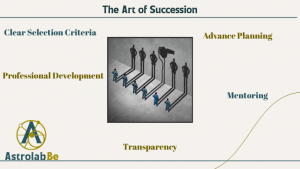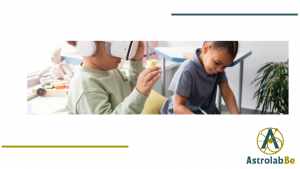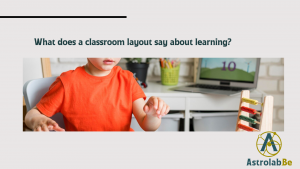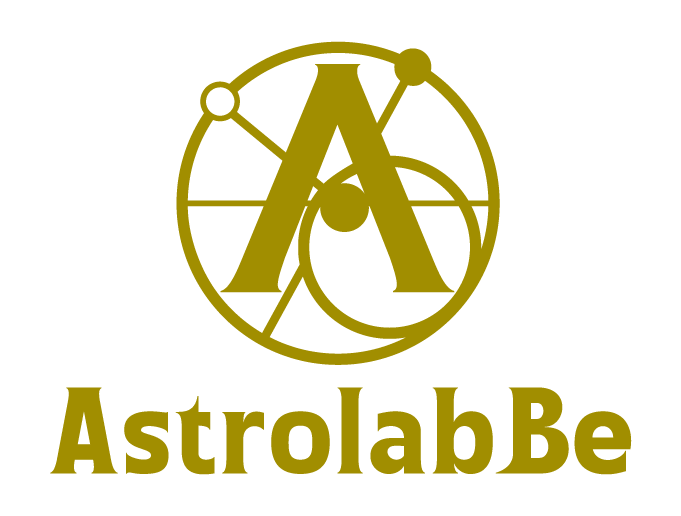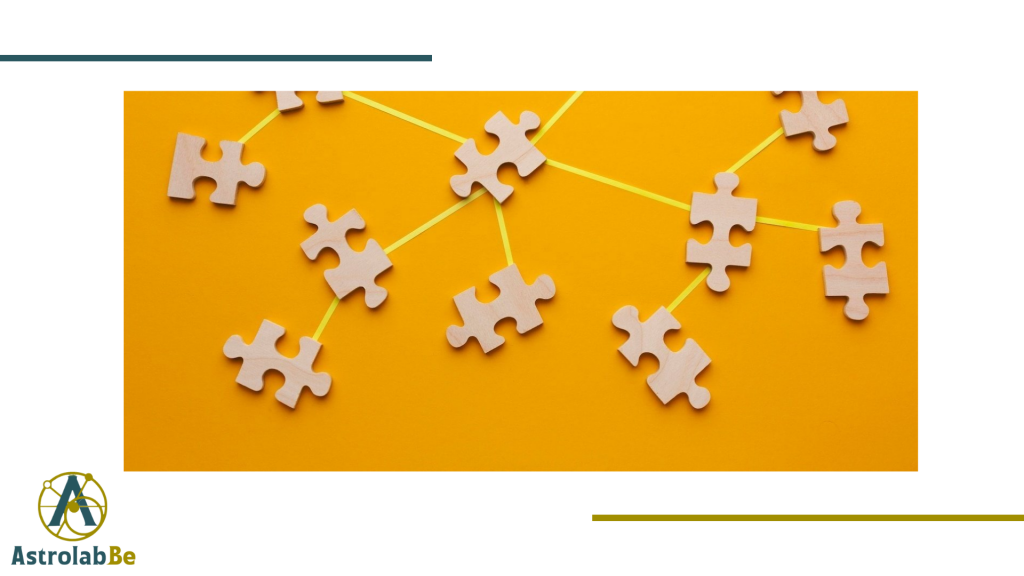
Content learning and conceptual understanding are inherently interconnected elements of a school curriculum that play a pivotal role in promoting effective teaching and learning. A coherent curriculum that integrates both knowledge acquisition and conceptual understanding is essential for authentic, lasting and meaningful learning and the ability to apply knowledge and skills across various disciplines and real-life situations.
Content learning refers to the acquisition of knowledge, while conceptual understanding involves grasping the underlying principles and relationships that govern that knowledge. To illustrate this interrelation and the importance of developing a coherent and coordinated curriculum, let’s consider examples in various subjects:
- Mathematics:
– Content Learning: Students learn arithmetic operations like addition, subtraction, multiplication, and division.
– Conceptual Understanding: They understand the concept of numbers, place value, and the principles that govern these operations.
– Importance of Coherent Curriculum: A curriculum that blends content learning (e.g., memorizing multiplication tables) with conceptual understanding (e.g., understanding the distributive property) helps students apply their knowledge to solve complex math problems. For instance, understanding the distributive property enables students to simplify algebraic expressions or solve real-world problems involving distribution of resources.
- History:
– Content Learning: Students learn specific historical events, dates, and figures.
– Conceptual Understanding: They understand the cause-and-effect relationships, societal changes, and the context in which these events occurred.
– Importance of Coherent Curriculum: A curriculum that connects content learning (e.g., dates of wars) with conceptual understanding (e.g., examining the socio-political factors leading to conflicts) fosters critical thinking. This enables students to analyze historical trends, make connections between different periods, and draw lessons applicable to contemporary issues.
- Science:
– Content Learning: Students acquire knowledge about scientific facts, laws, and theories.
– Conceptual Understanding: They grasp the scientific principles, methodologies, and the way hypotheses are formulated and tested.
– Importance of Coherent Curriculum: A curriculum that integrates content learning (e.g., understanding the periodic table) with conceptual understanding (e.g., comprehending atomic structure and periodic trends) empowers students to approach new scientific phenomena critically. For example, the same understanding of atomic structure can be applied in chemistry, physics, and even biology to explain various concepts.
- Literature:
– Content Learning: Students read and analyze literary works, poems, and texts.
– Conceptual Understanding: They explore themes, symbols, and the broader cultural, historical, and philosophical contexts of literature.
– Importance of Coherent Curriculum: A curriculum that combines content learning (e.g., features of a novel) with conceptual understanding (e.g., examining a novel’s historical context) enriches students’ interpretation skills. This enables them to appreciate how literature reflects society and human experiences, not only in literature classes but also in related disciplines like history or philosophy.
When developing a school curriculum, school leaders must also make sure that it aligns with the school’s mission and goals, integrates diverse learning styles, incorporates authentic assessments to measure student progress ensuring that the curriculum remains responsive to evolving educational trends, and, most importantly, is authentic, challenging and inspiring both for students and educators.

